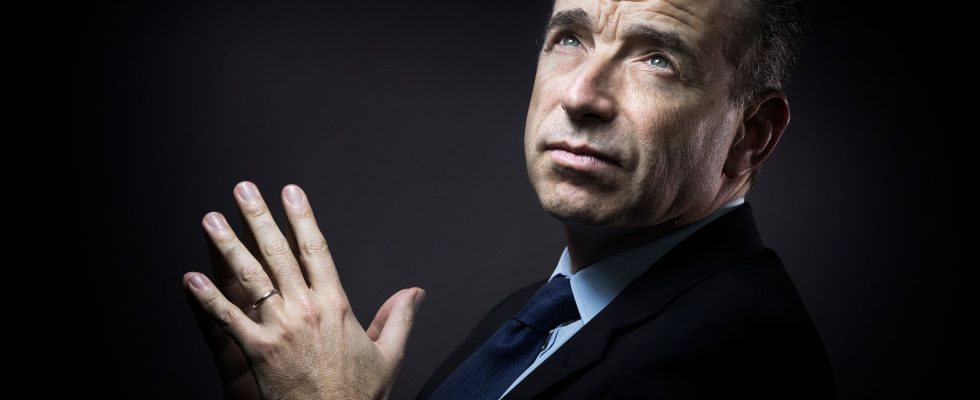Of the whole month of September, the most commented return to school will certainly be that of Gabriel Attal. The challenge awaiting the Minister of National Education is considerable, so great are the disappointments that many of the reforms have left behind. We can be delighted to note that after a year of dormancy, the Ministry of National Education has finally found a clear course around two notions, fundamental knowledge and respect. Common sense measures have already emerged: fight against absenteeism, sanction against harassers and not their victims, ban on the abaya. But a long-term task still awaits the Minister. If we really want to restore a dynamic within the school between teachers, students and their parents, we must have the courage to completely redefine the exercise of a function that is now devalued, that of school heads. .
Basically, to paraphrase de Gaulle, they lack two things: that they are leaders and that they are really establishments. Clearly, and this is particularly true at college level, it is absolutely necessary to put an end to the concept of “single college”. How to imagine the same organizations, the same teams and the same educational projects, depending on whether one is located in a rural area, in a rather protected city center district or in a difficult suburb? It is this egalitarian rigidity that generates the real educational inequalities in our country. It is regrettable that Emmanuel Macron has from the outset closed the door to any reflection on this subject.
Faced with a central administration far removed from everyday life, teachers’ unease is profound. A feeling of abandonment that a headteacher present in the field who would have reinforced decision-making powers would be able to respond to.
At the end of 2021, the Court of Auditors highlighted the low proportion of decisions in educational matters taken at the level of establishments: 1 in 10. However, I can testify as mayor that each time experiments have been carried out in this direction, they have gave remarkable results. The presence of a head in charge of the pedagogical management of the establishments could, with his teams, reverse the trend and make the school a place of fulfilment. This could accompany an overhaul of the way of teaching. To do this, it would be free, on the basis of a set of educational objectives set at national level, to collectively define the school project best suited to the personal profile of each of the students studying there. Work that will allow them to become aware of their weaknesses but also of the strengths they can develop, the horizons they can explore and a future they can embrace. In a few words, helping to find what many of our children mainly lack: self-confidence.
Redefining the role of the headteacher
Rebuilding this bond of trust between students, their parents and the institution also means ensuring that each child grows up in a healthy environment. Poor relative of the system, school medicine has an essential role to play. It is essential that the management of the establishment can again have a say in the organization of the prevention plan. Indeed, awareness-raising actions, particularly in terms of drugs, nutrition or harassment, must be adapted to this scale. Not to mention domestic violence or the physical and mental health of young people due to the ravages of cannabis, which require real work to detect and monitor all students. However, this very serious subject is obscured by an unbearable law of silence.
This transformation has as its denominator the redefinition of the role of the headteacher. He is no longer an executor left to himself but a director responsible for managing a team of teachers trained accordingly, volunteers and fully involved in the definition of the project adapted to the profile of the students welcomed. A heavy responsibility, a professional training of personnel to be reviewed from top to bottom, an extremely demanding evaluation by the central administration of the work accomplished, but a courageous response to aggregate an education system on the verge of dislocation.
* Jean-François Copé is a former minister and LR mayor of Meaux
